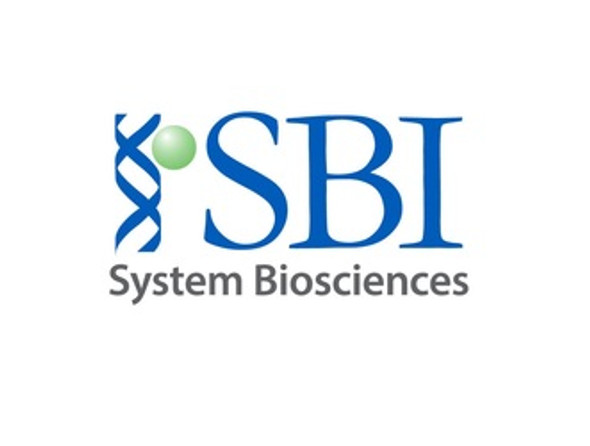System Biosciences
pRedZeo-CMV Virus [positive control]
- SKU:
- SR10046VA-1
- Availability:
- Usually Shipped in 5 Working Days
- Size:
- >2 x 10^6 IFUs
- Shipping Temperature:
- Dry Ice
Description
pRedZeo-CMV Virus [positive control]. Cat# SR10046VA. Supplier: SBI System Biosciences


Overview
Supporting your studies with ready-to-go positive controls
No need to make a positive control for your pRedZeo projects—SBI’s already built one for you. The RedZeo cassette is driven by the strong, constitutive CMV promoter with the RFP and zeomycin co-expression mediated by a T2A element.
Choose the differentiation reporter that’s right for you
Neural differentiation reporters
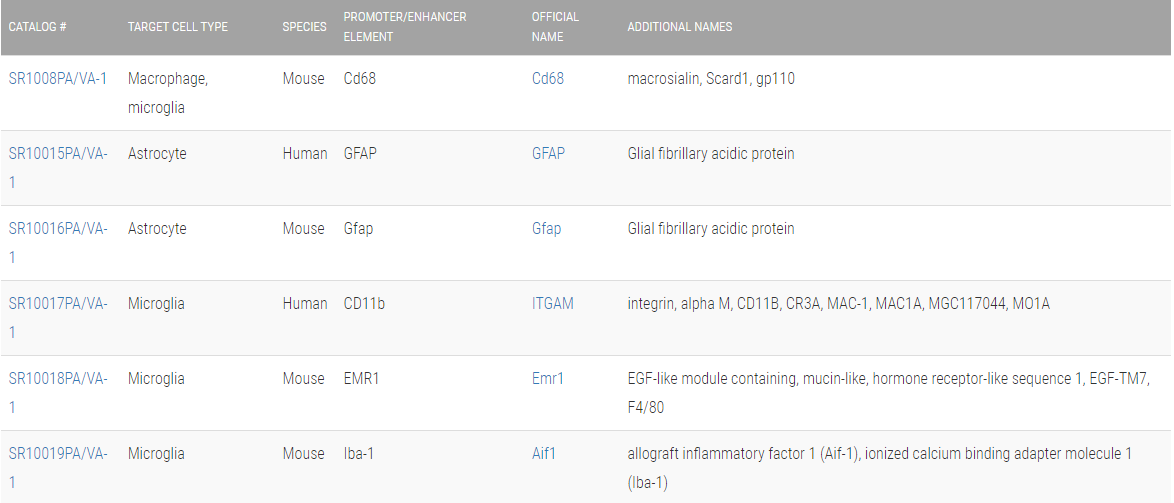
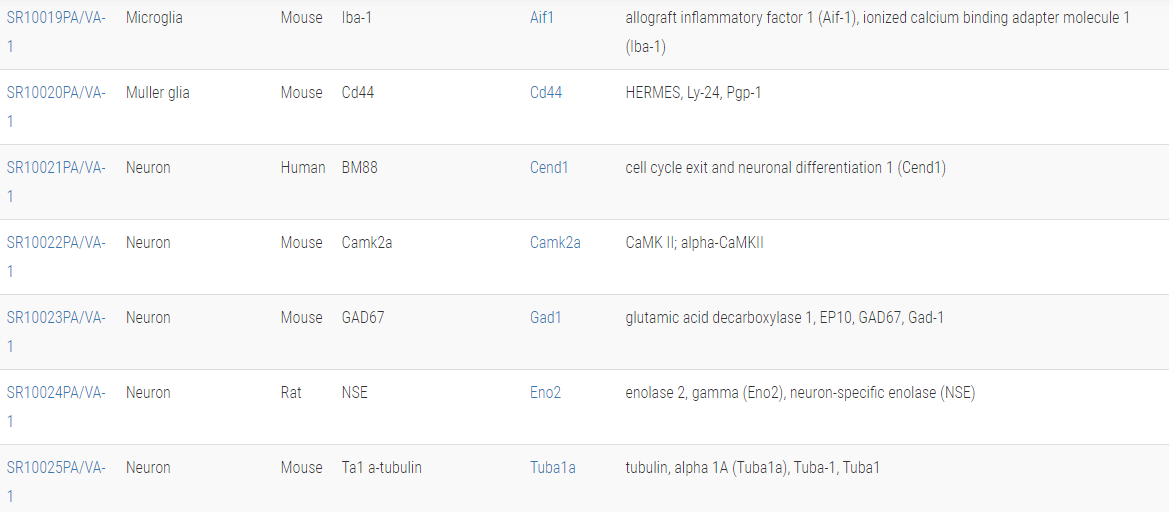
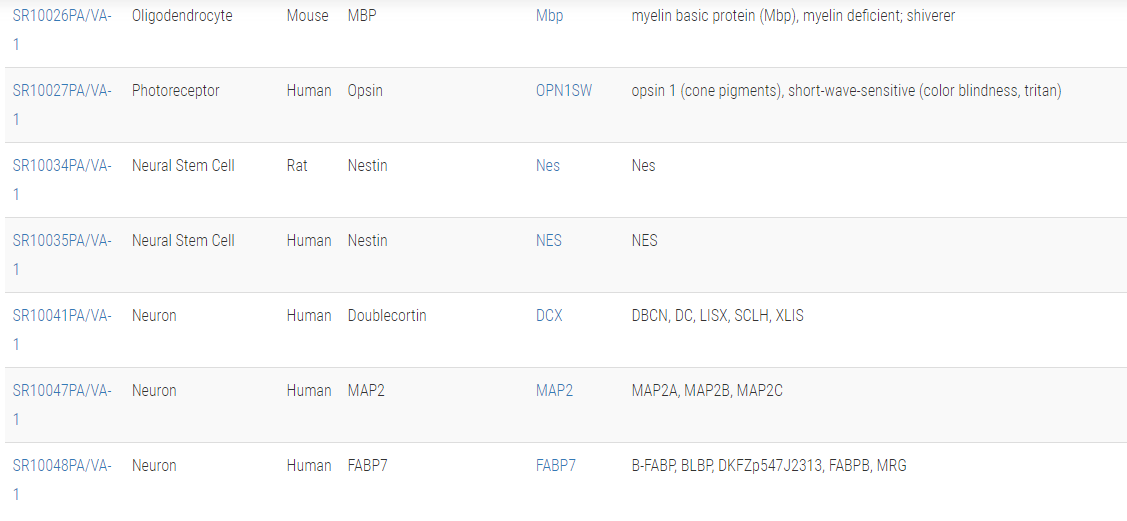
Myogenic differentiation reporters

Hematopoietic differentiation reporters

Structural differentiation reporters

Signaling differentiation reporters

Supporting Data
See some of our differentiation reporters in action
SBI’s differentiation reporters are used in a number of papers. The data shown below are just one example (from Ravin R, Hoeppner DJ, Munno DM, Carmel L, Sullivan J, Levitt DL, Miller JL, Athaide C, Panchision DM, McKay RD. Potency and fate specification in CNS stem cell populations in vitro. Cell Stem Cell. 2008 Dec 4; 3(6):670-80. PMID: 19041783)
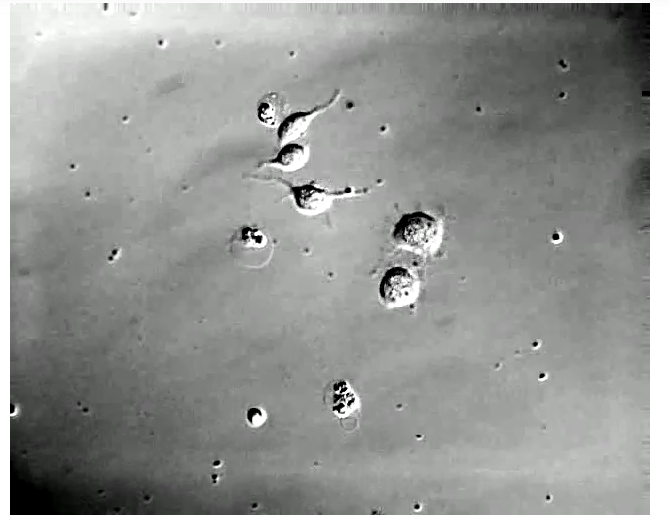
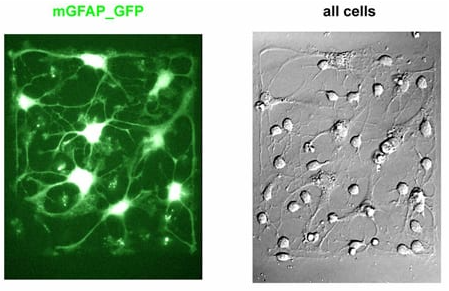
Figure 1. Live imaging of neuronal differentiation. Ravin, et al, used SBI’s Human Nestin pGreenFire Differentiation Reporter (Cat.# SR10016VA-1), which drives GFP expression from the glial fibrillary acidic protein promoter, to watch human neural stem cells differentiate into a network of mature neurons, oligodendrocytes, and astrocytes over the course of seven days. The periodic “flashes” seen in this video correspond to fluorescent photos taken of the growing cells to identify the GFP signals. The final photo taken after the network formation is shown below the video (color added). Among the network of neurons, only the astrocytes are bright green, demonstrating the specificity of SBI’s human Nestin pGreenFire Differentiation Reporter.
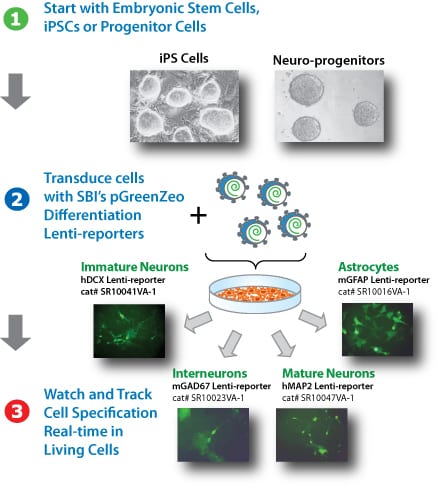
Figure 2. Simultaneously track multiple lineages from iPS and progenitor cells.
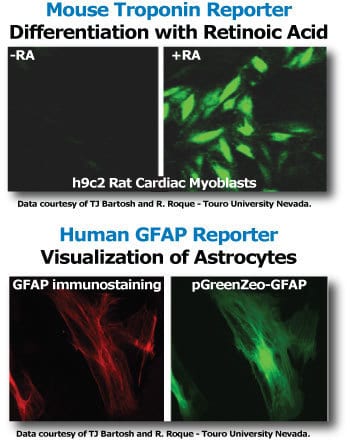
Figure 3. Additional differentiation reporter data.

![pRedZeo-CMV Virus [positive control] pRedZeo-CMV Virus [positive control]](https://cdn11.bigcommerce.com/s-i3n9sxgjum/images/stencil/608x608/products/14532/14800/sbi%2520system%2520biosciences_1633075021__00205.original__69527.1633076858.jpg?c=1)
![pRedZeo-CMV Virus [positive control] pRedZeo-CMV Virus [positive control]](https://cdn11.bigcommerce.com/s-i3n9sxgjum/images/stencil/608x608/products/14532/14800/sbi%20system%20biosciences_1633075021__00205.original__69527.1633076858.jpg?c=1)
![pRedZeo-CMV Virus [positive control] pRedZeo-CMV Virus [positive control]](https://cdn11.bigcommerce.com/s-i3n9sxgjum/images/stencil/608x608/products/14532/29241/Snag_2418a0c4__80000.1639763574.png?c=1)
![pRedZeo-CMV Virus [positive control] pRedZeo-CMV Virus [positive control]](https://cdn11.bigcommerce.com/s-i3n9sxgjum/images/stencil/100x100/products/14532/14800/sbi%20system%20biosciences_1633075021__00205.original__69527.1633076858.jpg?c=1)
![pRedZeo-CMV Virus [positive control] pRedZeo-CMV Virus [positive control]](https://cdn11.bigcommerce.com/s-i3n9sxgjum/images/stencil/100x100/products/14532/29241/Snag_2418a0c4__80000.1639763574.png?c=1)
![pRedZeo-CMV Plasmid [positive control] pRedZeo-CMV Plasmid [positive control]](https://cdn11.bigcommerce.com/s-i3n9sxgjum/images/stencil/590x590/products/14531/14799/sbi%2520system%2520biosciences_1633075021__00205.original__12311.1633076858.jpg?c=1)
![pRedZeo-CMV Plasmid [positive control] pRedZeo-CMV Plasmid [positive control]](https://cdn11.bigcommerce.com/s-i3n9sxgjum/images/stencil/590x590/products/14531/29240/Snag_241864e4__23902.1639763564.png?c=1)
![pGreenZeo-CMV Virus [positive control] pGreenZeo-CMV Virus [positive control]](https://cdn11.bigcommerce.com/s-i3n9sxgjum/images/stencil/590x590/products/14416/14684/sbi%2520system%2520biosciences_1633075021__00205.original__18941.1633076839.jpg?c=1)
![pGreenZeo-CMV Virus [positive control] pGreenZeo-CMV Virus [positive control]](https://cdn11.bigcommerce.com/s-i3n9sxgjum/images/stencil/590x590/products/14416/29932/SR501VA__25879.1640072670.png?c=1)
![pRedTK-CMV Virus [positive control] pRedTK-CMV Virus [positive control]](https://cdn11.bigcommerce.com/s-i3n9sxgjum/images/stencil/590x590/products/14530/14798/sbi%2520system%2520biosciences_1633075021__00205.original__89355.1633076858.jpg?c=1)
![pRedTK-CMV Virus [positive control] pRedTK-CMV Virus [positive control]](https://cdn11.bigcommerce.com/s-i3n9sxgjum/images/stencil/590x590/products/14530/29237/Snag_240cb57f__78519.1639763551.png?c=1)
